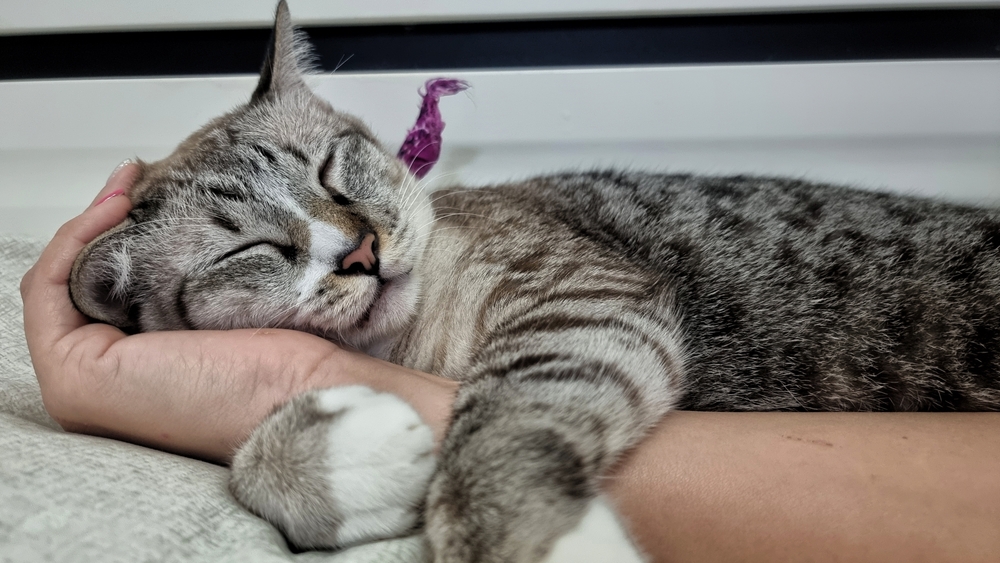Protecting Our Furry Friends: Understanding Heartworm Disease
As pet owners, we often do everything in our power to keep our furry friends happy and healthy. We ensure they receive regular check-ups, a balanced diet, and plenty of love and attention. However, sometimes there are hidden dangers lurking, such as heartworm disease, which can pose a serious threat to our pets’ health if left untreated.


What is Heartworm Disease?
Heartworm disease is a serious and potentially fatal condition that affects dogs, cats, and other mammals. It is caused by parasitic worms called Dirofilaria immitis, which reside in the heart, lungs, and blood vessels of affected animals. These worms can grow up to a foot in length and can cause severe damage to the cardiovascular system over time.
How is Heartworm Transmitted?
Heartworms are primarily transmitted through the bite of an infected mosquito. When a mosquito bites an infected animal, it ingests microscopic heartworm larvae along with the blood. These larvae mature within the mosquito over a period of 10 to 14 days, after which they can be transmitted to another animal through a mosquito bite. Once inside the new host, the larvae mature into adult worms over the course of several months, eventually reaching the heart and lungs where they cause damage and disease.
Symptoms of Heartworm Disease
In the early stages, pets infected with heartworms may show no symptoms at all. However, as the disease progresses, symptoms may begin to appear, including:
• Persistent cough
• Difficulty breathing
• Fatigue
• Decreased appetite
• Weight loss
• Swollen abdomen (in severe cases)
If left untreated, heartworm disease can lead to heart failure and even death.
Prevention and Treatment of Heartworm in Your Pets
The good news is that heartworm disease is entirely preventable with proper care and attention. Prevention typically involves the administration of monthly heartworm preventatives, which are available in various forms, including chewable tablets, topical treatments, and injections. These preventatives work by killing heartworm larvae before they can mature into adult worms.
In addition to prevention, it’s essential to have your pet tested for heartworms annually, even if they are on a preventative regimen. Early detection is key to preventing the disease from progressing to a severe and potentially life-threatening stage.
If your pet does test positive for heartworms, treatment options are available, although they can be costly and invasive. Treatment typically involves a series of injections to kill the adult worms, along with strict rest and activity restrictions during the recovery period.


Book A Heartworm Prevention Appointment For Your Pet Today!
At Compassion Animal Hospital, we believe that prevention is the best medicine when it comes to heartworm disease. By staying vigilant and proactive about your pet’s health, you can help protect them from this potentially devastating condition. Remember to administer monthly preventatives, have your pet tested annually, and consult with your veterinarian if you have any concerns about heartworm disease. Schedule an appointment at Compassion Animal Hospital today, to make sure you are taking the preventative measures necessary to protect your pet from Heartworm.
Together, we can keep our furry friends happy, healthy, and heartworm-free for years to come. Thank you for entrusting us with the care of your beloved pets.






